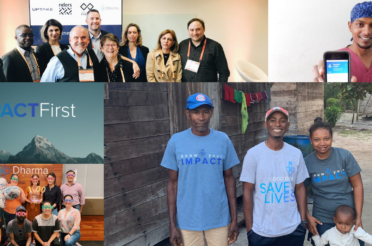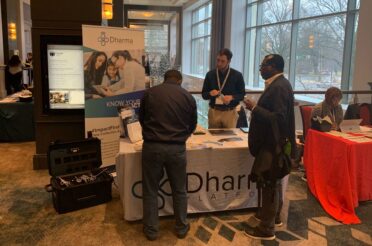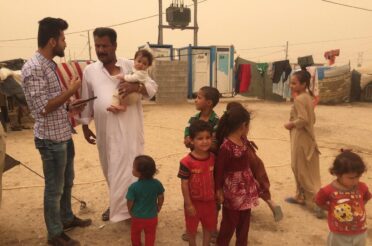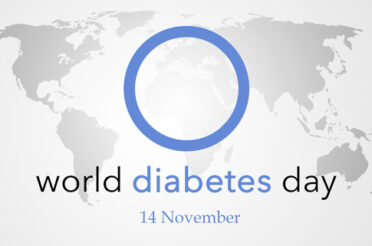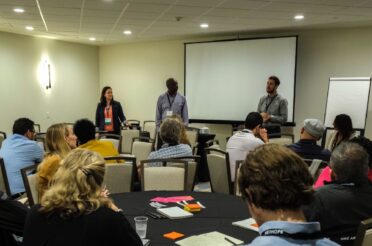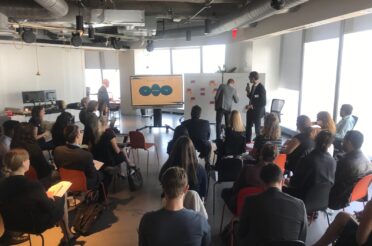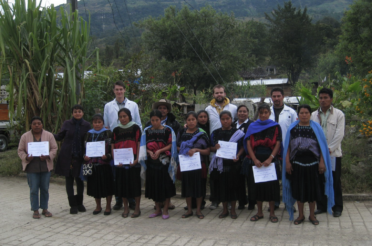MERL Tech is a discussion space and platform designed for the exchange of ideas around shared experiences and challenges surrounding the use of monitoring, evaluation, research and learning (MERL) technologies in the social impact, international development, and humanitarian fields. This year’s MERL Tech Conference – held on September 5th and 6th in Washington, D.C. – was an opportunity for reflection. The theme, “The State of the Field,” asked participating speakers and attendees to confront the ethical realities that the MERL Tech community must continually evaluate as they implement ever-improving technology into their MERL initiatives around the globe. In addition to interacting with other organizations and speakers around a wide array of demo booths and breakout sessions, members of Dharma Platform’s leadership team were selected to lead a panel with Mollie Woods (Senior M&E Advisor, ChildFund International) on the ethical responsibilities of using big data for good.
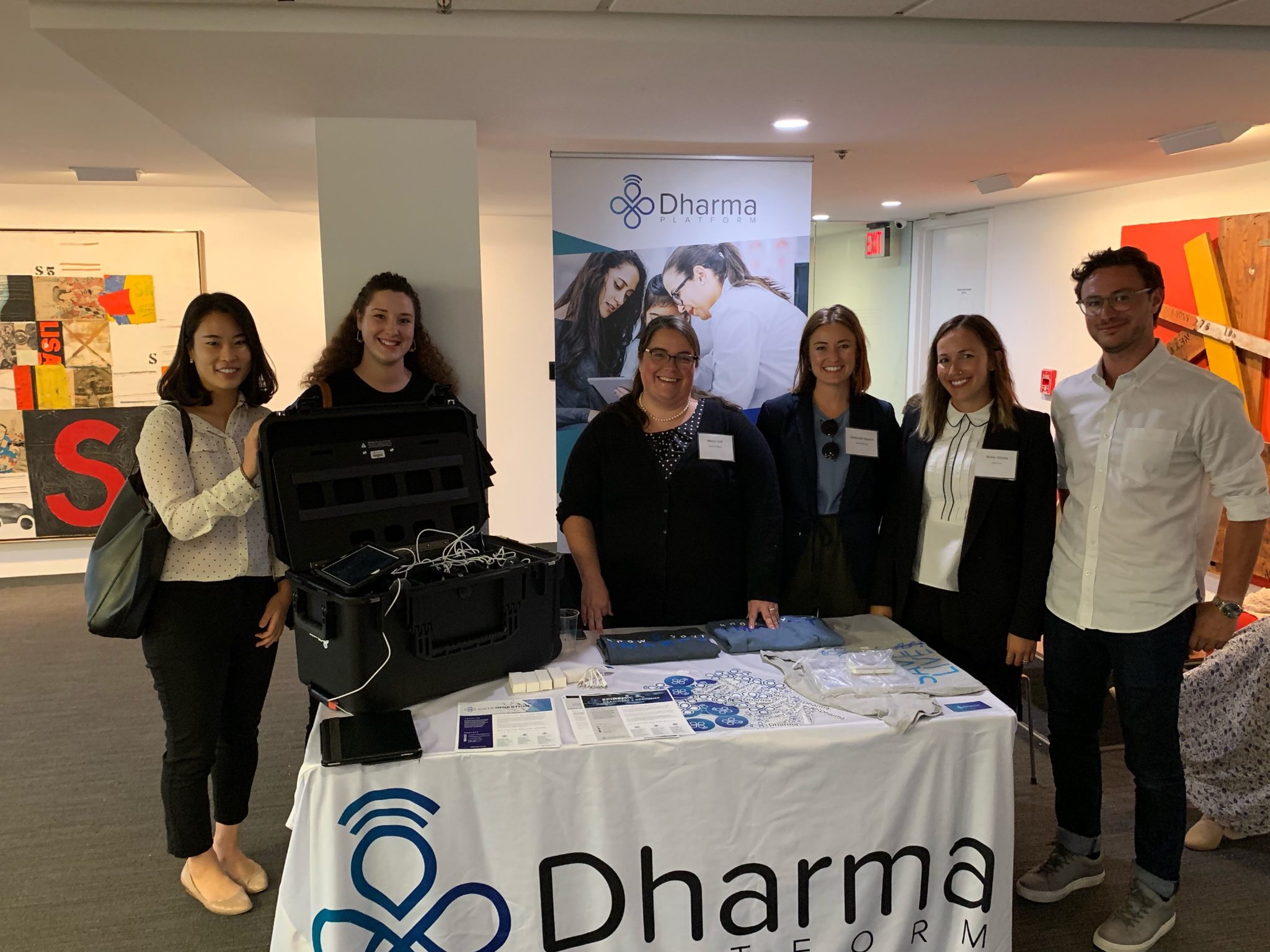
The digital data revolution has caused a cloud of legitimate ethical considerations and questions to be raised, muddying the waters around how these new methods and technologies – like AI, machine learning, biometrics, remote monitoring, and big data analytics – can be misused to leverage collected data to harm vulnerable, unsuspecting populations. Consequently, growing awareness and scrutiny are being placed on responsible data use practices, sparking conversations about developing data security frameworks, policies, and guidelines. These conversations are crucial to navigating and proactively responding to the fear of data use and digital transformation that leads to unintended negative consequences.
Tariq Khokhar (Managing Director and Chief Data Scientist, Rockefeller Foundation) opened the conference with a keynote to recommend a paradigm shift in the field through upskilling staff, creating a more inclusive community around data practice, and integrating teams and methods to shape the data science field. In a plenary session about Decolonizing Data and Technology, Silvia Salinas, (FuturaLab & Latin-American and Caribbean Monitoring, Evaluation and Systematization Network – ReLAC), Veronica Olazabal (The Rockefeller Foundation), and Adeline Sibanda (South to South Evaluation Partnership) spoke about the need to disrupt the remnants of our colonial mindset that still permeate decision making about the Global South. Wealthy countries of the Global North still hold the majority of decision making power for implementing and influencing development aid for the Global South.
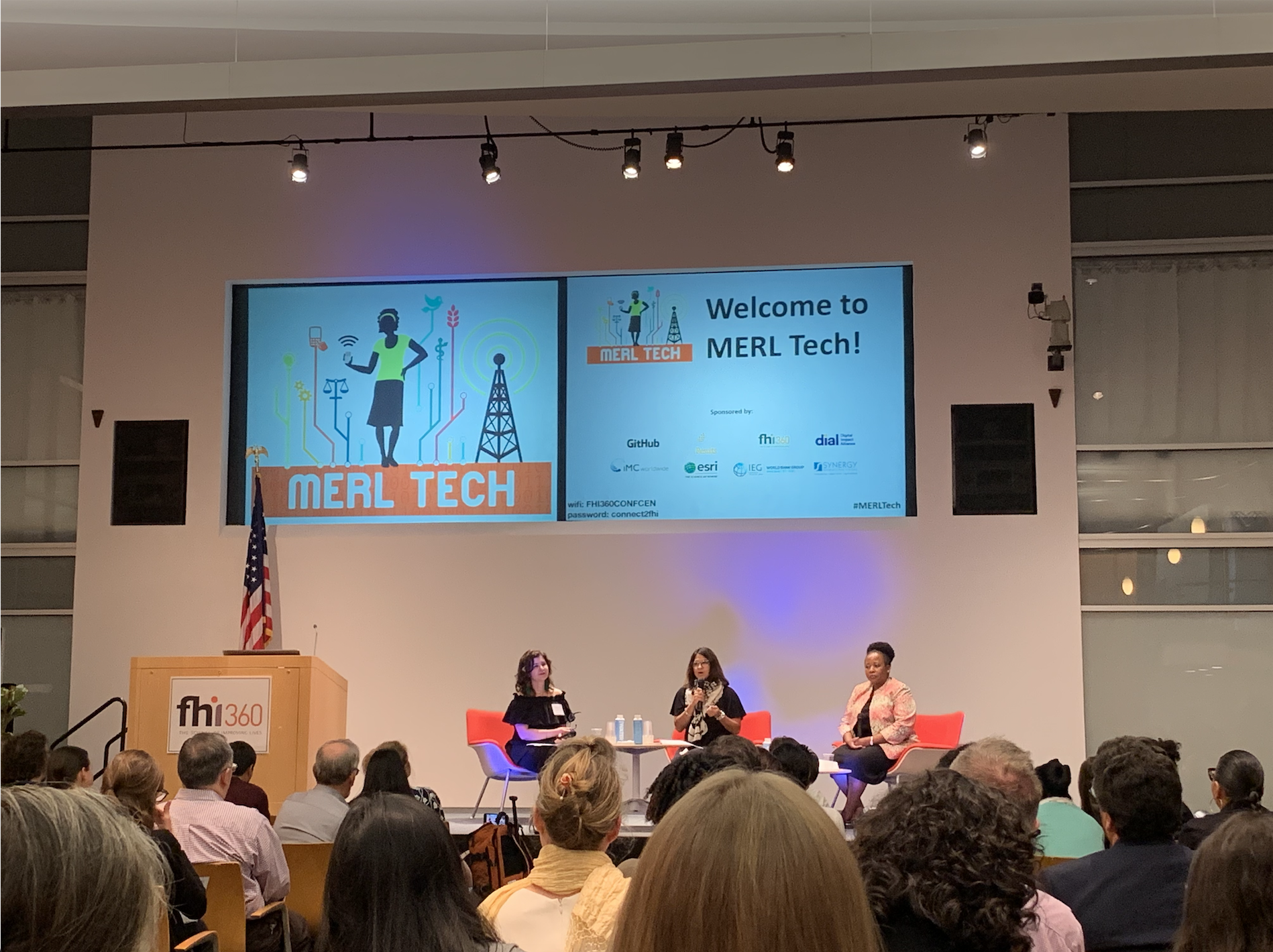
Big Data, Big Responsibilities
Michael Roytman (Co-Founder, Dharma Platform and Chief Data Scientist, Kenna Security) and Mollie Woods (Senior M&E Advisor, ChildFund International) discussed the complicated question of “Which comes first, data collection or data security?” in a panel for their session Big Data, Big Responsibilities. Samuel Scarpino, PhD, (Chief Strategy Officer, Dharma Platform) moderated. Consider that outside of the European Union, there is currently little to no standardized process in place regarding which entity – the donor or the recipient organization – is tasked with ensuring ethical data security. Clearly, data security is paramount for building trust, integrity, and scalability; however, organizations often struggle to figure out how to gather data ethically and secure those data responsibly when time, resources, and safety are stretched thin.
“By design and by default,” said Michael Roytman, “security is a part of our founding principle at Dharma Platform.” That intentional design is one of the reasons that ChildFund International was excited to work with Dharma Platform, which Mollie Woods reiterated during the conference, saying how important she believes it is to invest in a system with “built-in security features.”
For an organization like ChildFund, who has helped millions of children around the world build paths out of poverty, their work is heavily dependent upon the use of sensitive child data; a task that requires a reliable, safe, secure data practice. Any organization collecting sensitive data has a fear that data used to support vulnerable populations will cause harmful consequences if compromised. Like Mollie said, “data isn’t just data; data is linked to individuals.” Donors and recipients, alike, have to shoulder the obligation of responsibly establishing and maintaining ethical data security standards. However, the weight of the obligation naturally reflects the capacity and resource volume of the organizations involved.
Michael Roytman made the point that no matter the size of the company, each entity involved will have different priorities for compliance. Compliance means different things to each person and each organization. Answering questions like “What am I trying to avoid?” and “Who has the policy to mitigate that risk?” are key to establishing best practices around data security and identifying ownership. In the spirit of a collaborative approach, one of the most successful ways of ensuring organizations’ contractors are up to date on security is to have trainings often, and in person, to acclimate and refresh people on security policy changes organization-wide. Regular policy training participation should be enforced even for partnerships that have been long established.
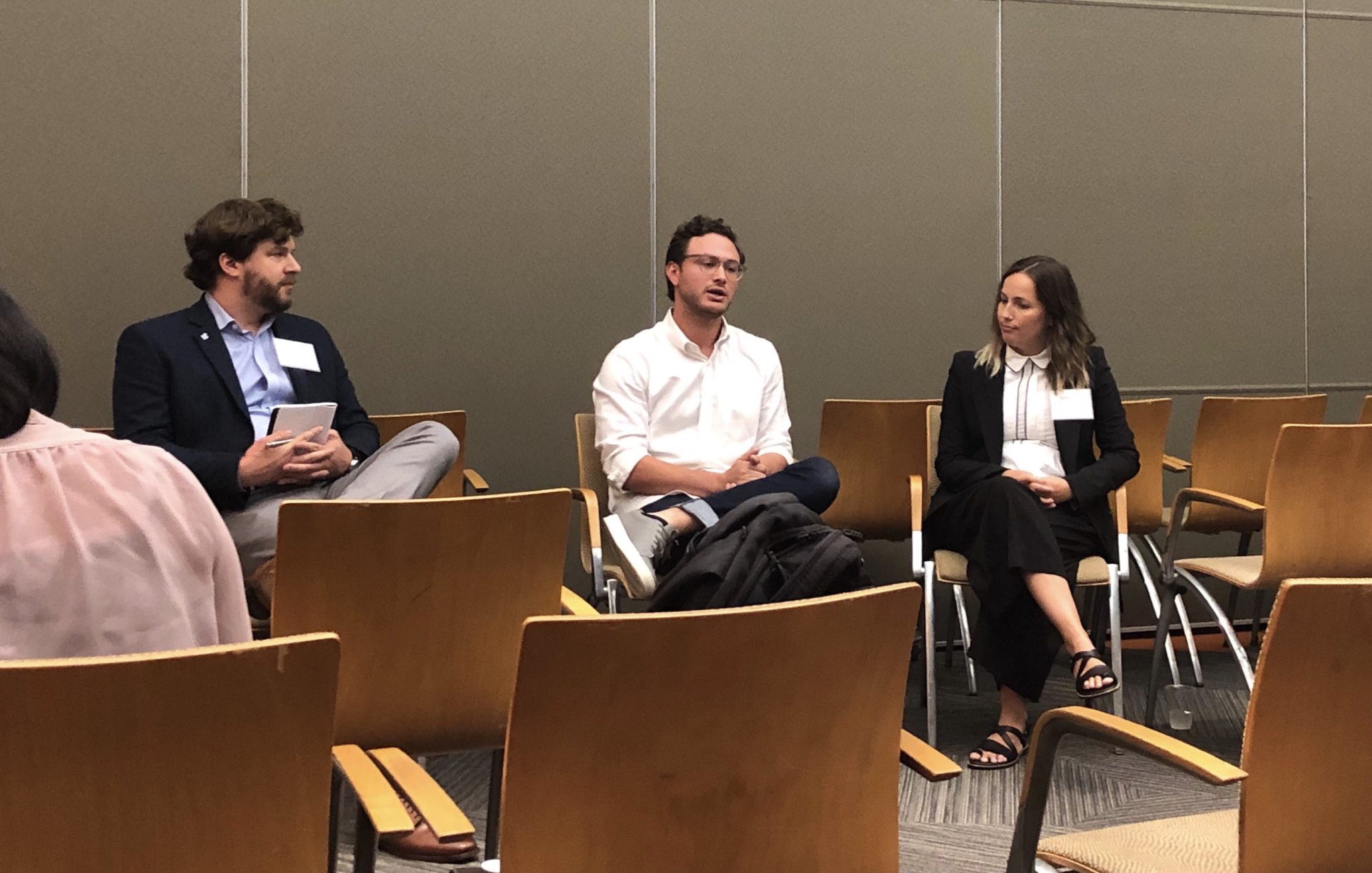
Often, the responsibility to monitor secure data practices more heavily falls to larger organizations rather than the smaller civil society organizations they partner with. It is a daunting task, monitoring smaller satellite organizations while self-monitoring the bigger organizational umbrella. However, with a controlling interest in this responsibility comes the power to enforce chosen security standards. Asking your partners to commit to upholding those standards as a key pillar in your contractual partnership can be a way of collectively working to mitigate risks to data security, through a unified front. Creating a culture of ownership is part of prioritizing security within this space. Finding a common metric that binds everyone together is part of that collaboration, internally across teams, and externally between aid organizations and recipients. Determining the appropriate security needs for your data and your sector, evaluating your current system, and investing in software with security measures built-in are some foundational steps towards mitigating data risk.
This year’s conference was a wonderful opportunity to converse with the incredible thought leaders and organizations pushing boundaries in the space. We look forward to discussing the exciting progress that lies ahead in the year to come.
